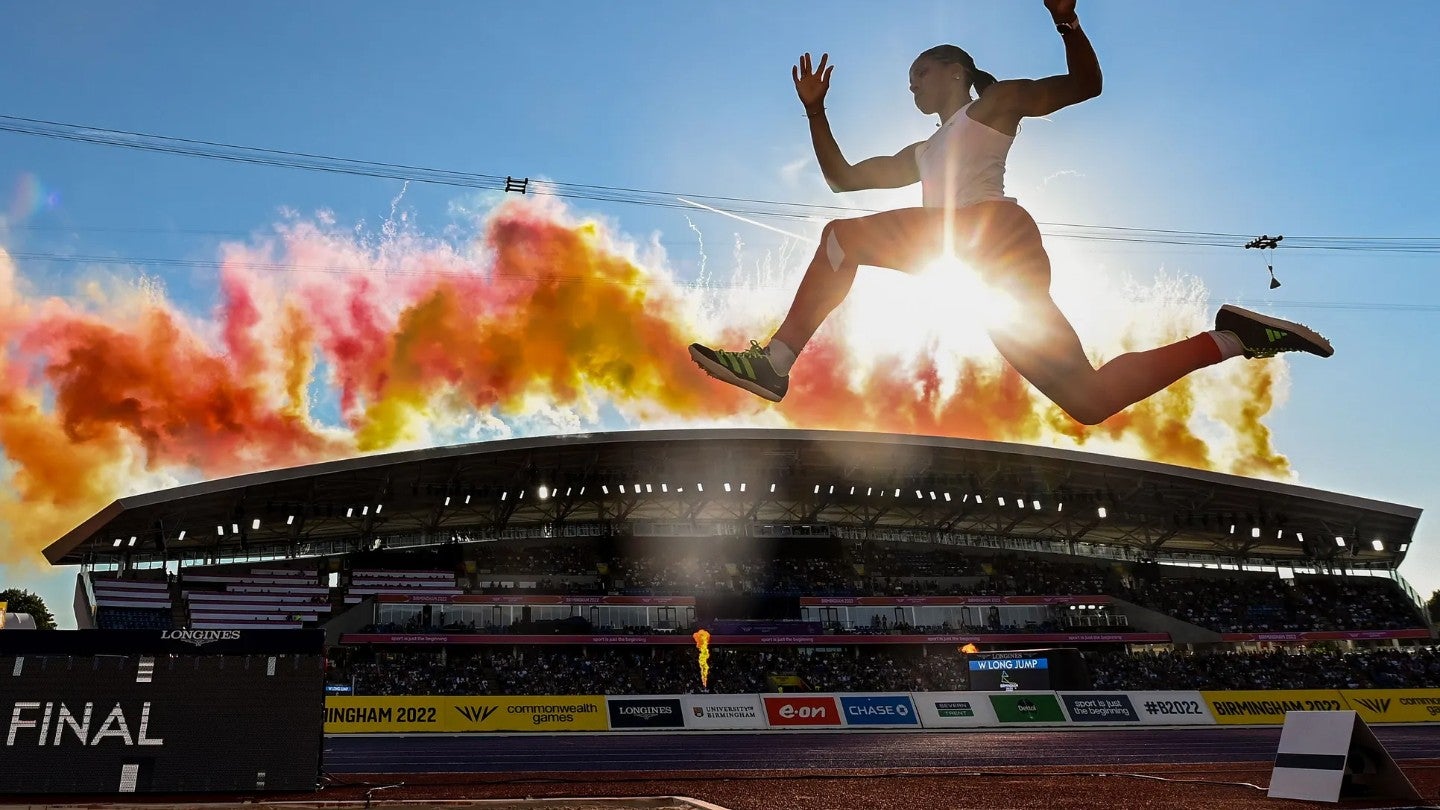
The Commonwealth Sport governing body has been given renewed hope for the future of the Commonwealth Games after seven nations expressed interest in hosting the 2030 or 2034 editions.
The bidding nations are a boost to the Commonwealth Games movement, which has struggled to secure hosts for its events recently, starting with the 2022 edition, which saw English city Birmingham stepping in to replace Durban, South Africa, which dropped out after facing financial issues.
The issue was compounded in 2023 when the Australian state of Victoria pulled out of hosting the 2026 Commonwealth Games due to ballooning costs. The event was originally forecast to hit A$2.6 billion ($1.7 billion) but rose to an untenable A$6 billion.
Malaysia was briefly considered as a replacement before Scotland’s Glasgow eventually stepped in to stage a scaled-back games next summer, with the Victorian government paying A$380 million to Commonwealth Sport as compensation for its late exit.
At the same time, the Canadian province of Alberta, which was seen as the frontrunner for the 2030 edition, suddenly withdrew its interest, bringing into question the future of the multi-sport event.
However, Commonwealth Sport announced today Canada had renewed its interest in hosting the 2030 event, with India and Nigeria also throwing their hat in the ring along with two other unnamed nations.
New Zealand is also one of two nations looking to stage the 2034 edition.
The announcement comes after the governing body invited 74 Commonwealth nations from Africa, Asia, the Americas, and Oceania to express notes of interest, with the seven who responded to have the feasibility of their bids investigated over the next five months.
Commonwealth Sport chief executive Katie Sadleir said: “We are thrilled with the incredible interest from four of our six regions.
“We cannot understate the hugely significant role Scotland has played, having the foresight, tenacity, and innovative thinking to step forward and host in 2026.
“We are confident that Glasgow's pioneering example will increase the breadth of countries able to host the games in the decades ahead.”
The change in interest comes after Commonwealth Sport launched a new format process for hosting, emphasizing increased collaboration, reduced hosting costs, and more flexibility.
The CGF outlined three principles as part of its new host selection process:
Hosts will now have more flexibility to shape each games themselves, to “co-create the event and associated legacy benefits and social return on investment."
The costs of hosting will be lowered significantly to enable more countries to stage the games. This will be achieved through several factors, including “encouraging the use of existing venues for sport and accommodation.”
The exceptions to this, however, will be if additional infrastructure is “part of existing national development plans that will happen irrespective of the games.”
The sports program for each games should be “innovative, inclusive, and exciting,” and should be attractive and relevant to athletes, host countries, and the Commonwealth in general.
Bidders for the 2030 games will now be expected to set out detailed hosting proposals before Commonwealth Sports evaluates those bids. The Commonwealth Sport executive board will then make a recommendation for a preferred host, subject to approval by its general assembly at a meeting in Glasgow in late November.
Phil Batty, chief executive of Glasgow 2026, said the news shows next summer’s event will be a “pivotal moment” in its history, adding: “I have every confidence Glasgow 2026 will pioneer a new model for the major event – one that delivers a successful games on time, on budget and with high-quality sport at the heart of the experience.”
The 2026 Commonwealth Games, from July 22 through August 2, will feature 10 sports (as well as para-iterations of six of those sports) staged at four venues within an eight-mile corridor.
Athletics (track and field), swimming, artistic gymnastics, netball, weightlifting, boxing, judo, bowls, and 3×3 basketball will all be staged, alongside para-track cycling, para-athletics, para-swimming, para-powerlifting, para-bowls, and wheelchair 3×3 basketball at the scaled-down games.
In addition to the downsized events roster, the games will also be conducted without the use of any public funding, instead relying on a combination of sponsorship revenue and funds paid by Victoria as a penalty for its withdrawal from its hosting commitments.
Meanwhile, the organizing company of Glasgow 2026 has announced Ross Aitken as head of event operations.
Aitken joins the games after over 10 years of working at the World Rugby governing body, starting as a match commissioner in 2015, with his final position in the body being director of event operations, a role he began in September 2022.
The new position is not Aitken’s first time working for the Commonwealth Games, since he has also worked as the rugby sevens competition manager for Glasgow’s 2014 edition.
Aitken’s appointment follows January’s announcement of the games’ executive team that will lead the delivery of the stripped-back event.
Phil Batty is the chief executive, Louisa Mahon is the games’ chief marketing and communications officer, Faye Shaw is the chief financial and corporate services officer, Jade Gallagher is the chief operating officer, and Martin Fitchie is the chief information officer for the games.



